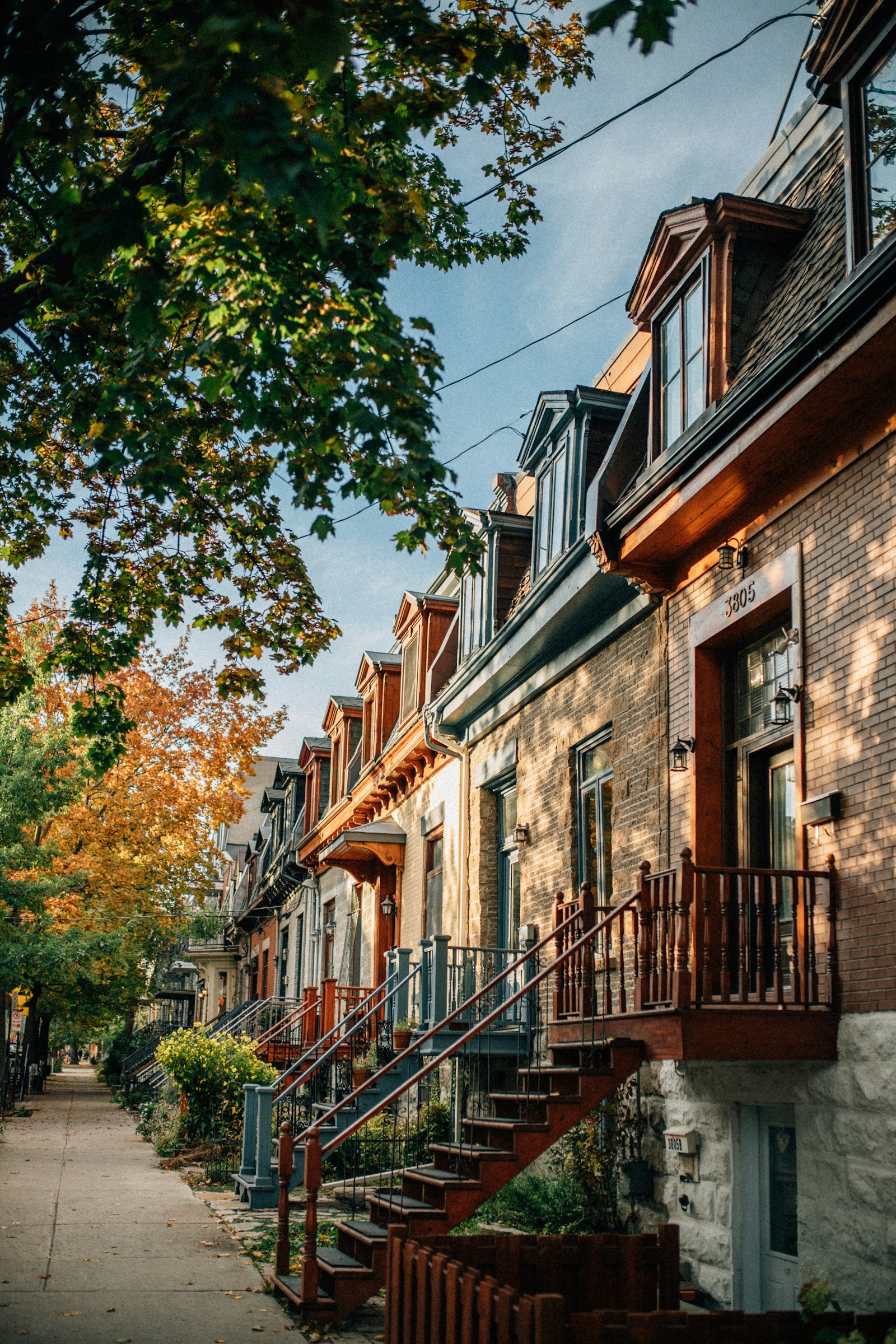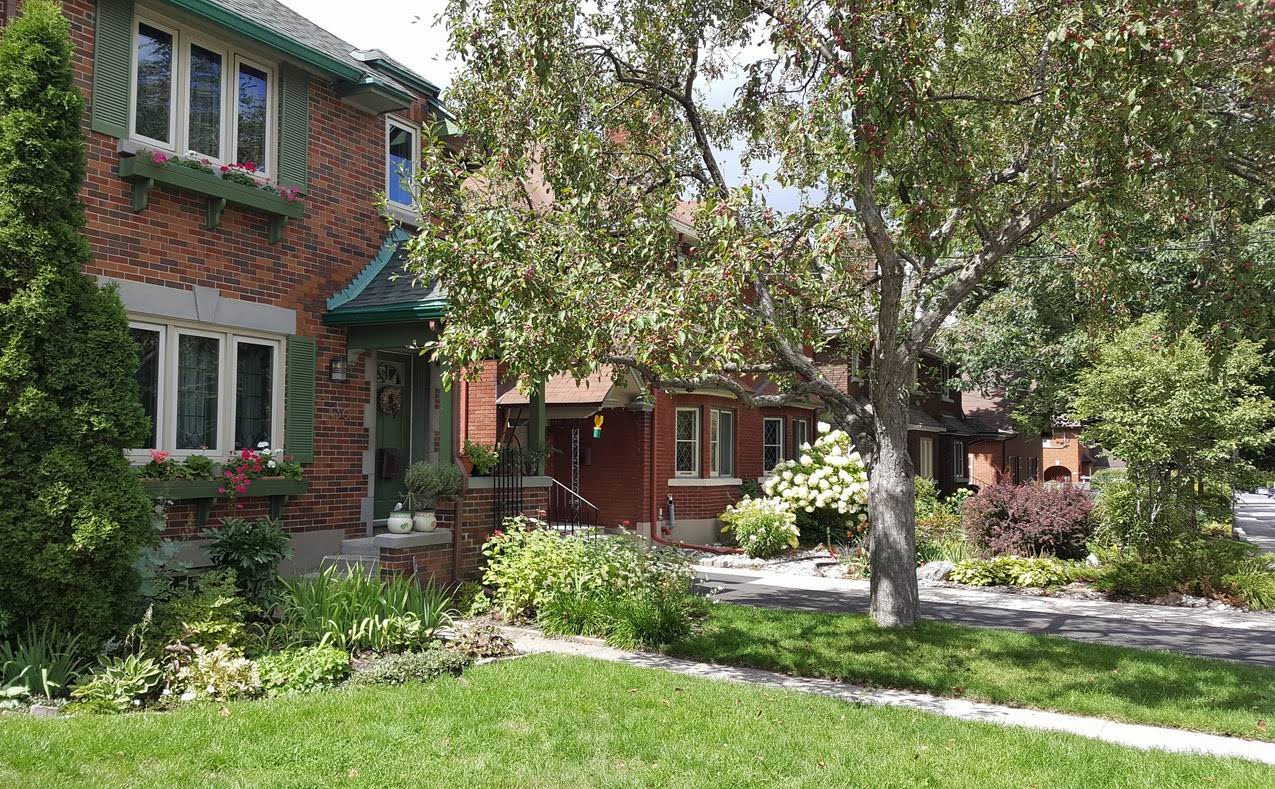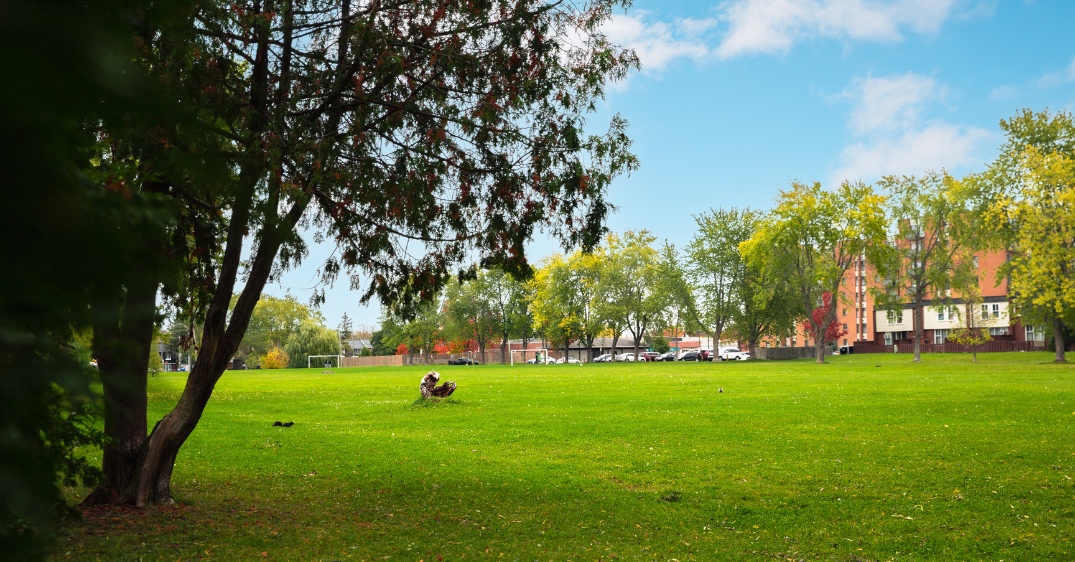Introduction – Where Affordability Meets Opportunity
Long known for its shopping center and high-rises, Bayshore is entering a new chapter. In 2025, this west-end Ottawa neighborhood is emerging as an affordable, transit-connected community with big development plans and growing appeal.
With a strategic location near the Ottawa River, LRT stations, and major west-end employers, Bayshore is attracting first-time buyers, young families, and investors who see its value—and future potential.
📍 Where Is Bayshore?
Bayshore is located in Ottawa’s west end, just south of the Ottawa River and west of Britannia. It’s bordered by Richmond Road, Woodridge Crescent, and Highway 417, making it well-connected to Kanata, Nepean, and downtown Ottawa.
At the heart of the neighborhood sits Bayshore Shopping Centre, one of the city’s largest malls, surrounded by a mix of condos, rental towers, townhomes, and greenspace.
🏢 Housing Snapshot (2025)
Bayshore is still one of the most affordable west-end neighborhoods in Ottawa, with a wide range of home types ideal for budget-conscious buyers and investors.
While some older buildings show their age, many units have been updated—and prices remain attractive compared to nearby neighborhoods like Westboro or Britannia.
🚆 Transit Access: A Key Advantage
Bayshore Station (LRT Stage 2)
Set to become a major hub in the west-end transit network, Bayshore Station will connect the area to downtown, Moodie, and Orleans via the O-Train Confederation Line extension.
Fast access to downtown (25 minutes by train)
Direct service to Tunney’s Pasture and Algonquin College
Improved bus routes and park-and-ride options
Game-changer for car-free commuters and students
🛍️ Lifestyle & Amenities
Despite its humble reputation, Bayshore delivers solid everyday convenience:
Bayshore Shopping Centre: Over 190 stores, services, and a large food court
Pinecrest Shopping Corridor: Nearby IKEA, grocery stores, and box stores
Schools and daycare centers: Public and Catholic options within walking distance
Healthcare access: Close to Queensway-Carleton Hospital and community clinics
Greenspace: Parks, bike paths, and the nearby Ottawa River shoreline
🌱 Future Promise: Redevelopment on the Horizon
The next few years will bring significant transformation to Bayshore:
Transit-oriented development (TOD): Mid- and high-rise condos near the LRT hub
Mall-area intensification: Plans to reimagine underused land around Bayshore Shopping Centre
Public realm improvements: Better pedestrian infrastructure and urban landscaping
Increased housing supply: Ideal for investors and first-time buyers seeking future equity growth
👥 Who’s Living in Bayshore?
First-time homebuyers priced out of more central or trendy areas
New Canadians and families looking for space and affordability
Students and young professionals commuting via LRT to school or work
Investors eyeing high rental demand near transit and retail
Frequently Asked Questions
Q: Is Bayshore a safe place to live?
Yes—like any urban area, it has pockets of varying reputation, but overall safety has improved, especially with new developments and LRT investment.
Q: Is it a good area for condo ownership?
Yes. Bayshore offers some of the most affordable condos in the west end, with potential for value growth as the area improves.
Q: What schools are nearby?
Multiple elementary and high schools serve the area, including both English and French public and Catholic options.
Q: Is there parking and green space?
Most condos and townhomes offer on-site parking. Bayshore Park and the Ottawa River path offer ample outdoor space.
Q: What’s the commute like to downtown?
With the new LRT extension, travel time to downtown will be around 25 minutes by train, making it a great option for transit users.
Conclusion – Bayshore Is Poised for Progress
Living in Bayshore today means enjoying affordable homeownership with access to transit, shopping, and essential services—and a front-row seat to one of Ottawa’s most promising redevelopment zones. With major improvements underway, this west-end neighborhood offers not just a home, but a smart investment in the city's future.








